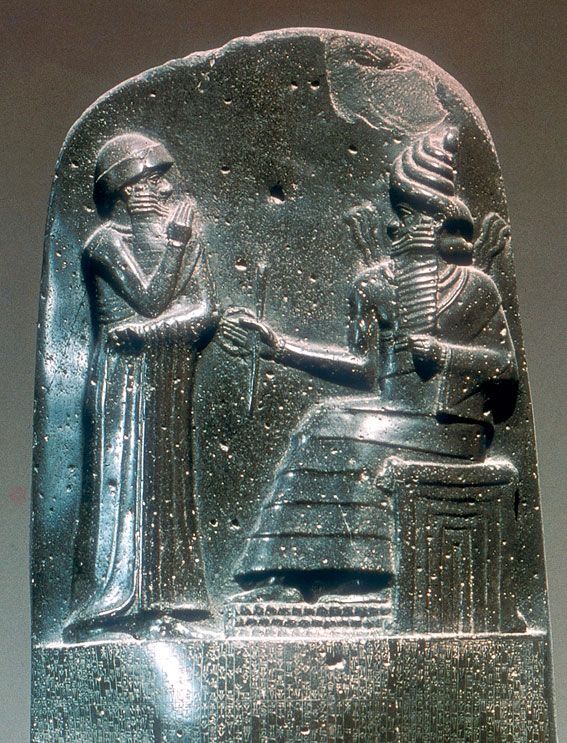- Oct 28, 2006
- 21,188
- 9,963
- Country
- United States
- Faith
- Christian
- Marital Status
- Married
- Politics
- US-Others
As a former student of Philosophy at the university level, it has come to my attention that there are a few folks who don't realize that the field of Ethics is actually a branch of Philosophy.
This is a fact, and one that is readily seen within the curricular structures of just about any major university. An example of such is something like Medical Ethics which I took at the university. That class was classified as a philosophy class, not merely as an "ethics" class or a "medical" class. The same was the case with my Business Ethics class. It too was a form of philosophical study, not merely pertaining to the study of "business." There are also standard classes on Ethics which usually fall under the curricular designation of, again, Philosophy, not merely "Ethics and Morality."
So, what does this mean? It means that if and when we take up the mantle of moral inquiry, we're automatically entering into and DOING PHILOSOPHY, it just happens to be 'moral philosophy." It also means that we're automatically opened up to Epistemological and Metaphysical considerations which can, and often do, overlay and are, at times, instrumental within the very conceptual structures of whichever form of Ethics or Ethical systems we are considering or evaluating. These various branches of Philosophy have overlay with one another and are not wholly separate by any stretch of the imagination.
Is there anyone here on this forum who isn't aware that Ethics is a branch of Philosophy? If not, it's time to get educated about this fact.
It's time to get this straight because I see too many instances of various people implying and/or asserting that Ethics isn't Philosophy. This shouldn't be happening and this confusion needs to come to an end.
Comments and complaints or other unjustified counter-arguments may be posted below ...
Thank you for your time!
This is a fact, and one that is readily seen within the curricular structures of just about any major university. An example of such is something like Medical Ethics which I took at the university. That class was classified as a philosophy class, not merely as an "ethics" class or a "medical" class. The same was the case with my Business Ethics class. It too was a form of philosophical study, not merely pertaining to the study of "business." There are also standard classes on Ethics which usually fall under the curricular designation of, again, Philosophy, not merely "Ethics and Morality."
So, what does this mean? It means that if and when we take up the mantle of moral inquiry, we're automatically entering into and DOING PHILOSOPHY, it just happens to be 'moral philosophy." It also means that we're automatically opened up to Epistemological and Metaphysical considerations which can, and often do, overlay and are, at times, instrumental within the very conceptual structures of whichever form of Ethics or Ethical systems we are considering or evaluating. These various branches of Philosophy have overlay with one another and are not wholly separate by any stretch of the imagination.
Is there anyone here on this forum who isn't aware that Ethics is a branch of Philosophy? If not, it's time to get educated about this fact.
It's time to get this straight because I see too many instances of various people implying and/or asserting that Ethics isn't Philosophy. This shouldn't be happening and this confusion needs to come to an end.
Comments and complaints or other unjustified counter-arguments may be posted below ...
Thank you for your time!
Last edited:

